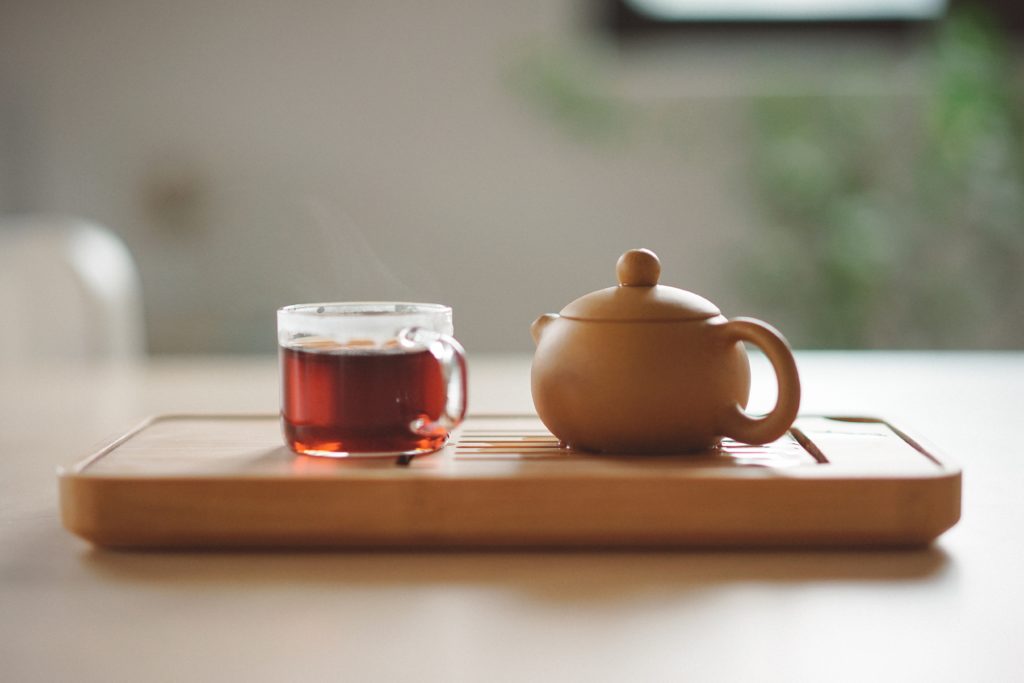What’s in your mug? There are coffee enthusiasts, and there are tea aficionados. If you’re a bigger fan of tea, then you already know how it can directly impact your mind and body. Whether it’s your first beverage in the morning or your last before bed, drinking tea is part of a routine that helps many people get through the day and establish a sense of well-being. If you want to be more intentional about drinking tea, here is an overview of the best teas you should be drinking.

For Physical Health
Tea is defined as an aromatic beverage. It just requires hot (or cold) water to infuse the flavors and other compounds into your brewed cup. For physical health, various types of tea feature elements that have a positive impact on your body.
Digestive Health
- Peppermint tea has a minty and cool flavor. It can help calm an upset stomach if you’re feeling nauseous or generally queasy. It’s also great for bloating and indigestion.
- Chamomile also works against bloating and nausea. It’s also helpful for irritable bowel syndrome and colic.
- Fennel tea can help settle stomach pain, including heartburn and bloating.
Sickness
- Green tea is rich in antioxidants and has anti-inflammatory properties. It can also help boost your immune system.
- Hibiscus tea features useful vitamin C and antibacterial properties.
- Ginger tea helps relieve muscle aches, motion sickness, and headaches. It can also help loosen congestion and relieve a sore throat.
Cramps and PMS
- Ginger tea helps relieve muscle aches and can be beneficial for increasing comfort during menstrual cramps. It can also help reduce heavy blood flow.
- Tumeric tea features curcumin, a biologically active compound that helps relieve pain.
Inflammation
- Green tea contains health-promoting compounds called polyphenols that inhibit inflammatory responses.
- Holy Basil tea helps the body overcome physical stress. It’s rich in vitamins A and C, calcium, zinc, iron, and chlorophyll.
- Rose Hip tea contains antioxidants, beta carotene, and vitamins C and E.
For Mental Health
- Herbal teas can help stimulate mental health by bringing about specific effects that include relaxation and tranquility. A cup of tea can also help reduce stress and anxiety while increasing mental focus.
Calm and Relaxation
- Lavender tea is caffeine-free. It’s known for its aromatic head that can help induce relaxation and calm agitation.
- Lemon Balm tea helps calm restlessness and reduce feelings of alertness. It’s also beneficial for reducing nervousness.
- Hawthorn berries are tiny fruits that grow on trees and shrubs. Making hawthorn tea has been known to calm emotional distress and lower blood pressure.
Insomnia
- Valerian Root tea can help ease the inability to sleep by reducing the amount of time it takes to fall asleep.
- Catnip tea contains nepetalactone, which induces drowsiness, reduces anxiety, and calm restlessness.
- Banana tea helps blood vessels and muscles relax, allowing you to stay asleep longer.

